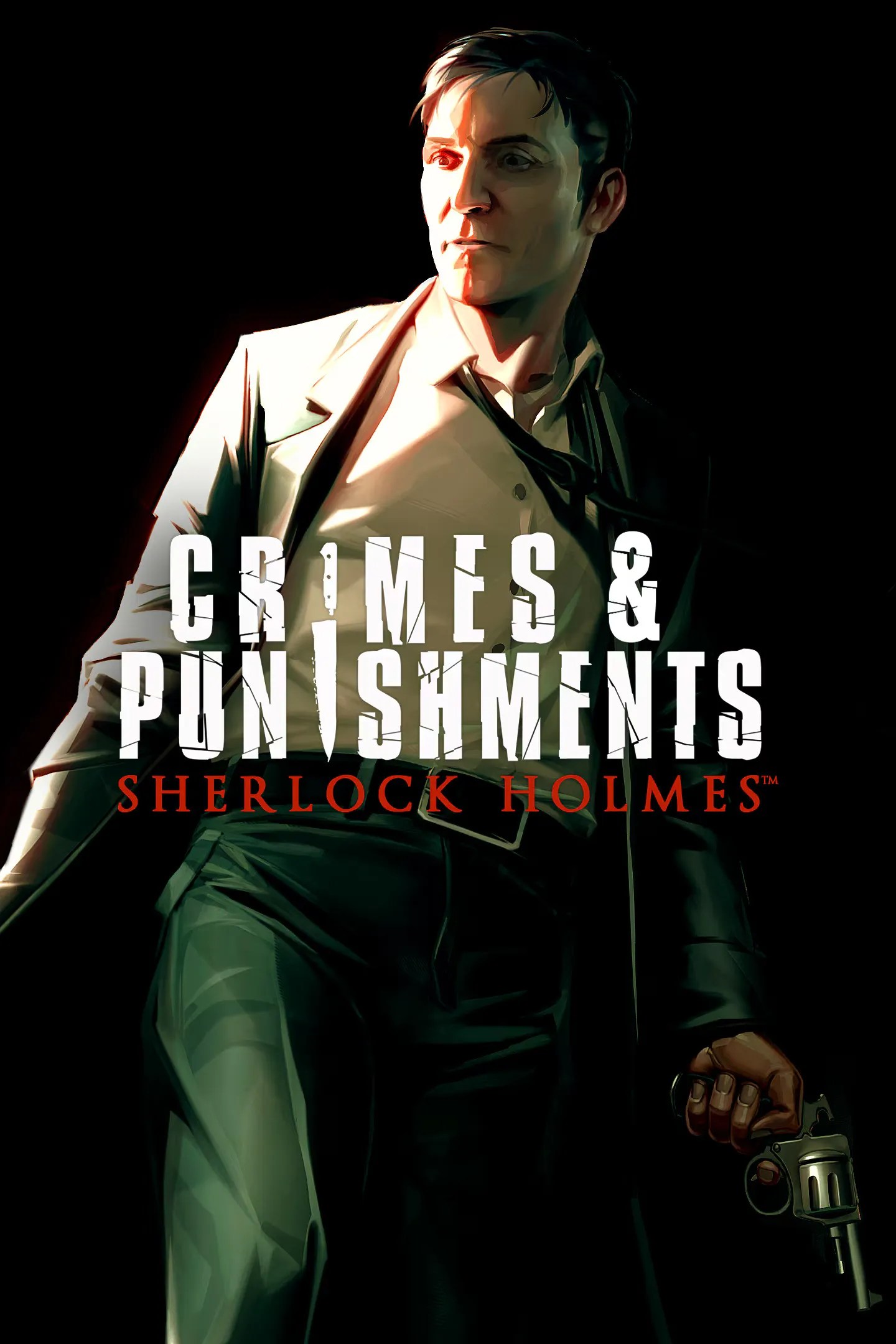Summary
There are a lot of games based on movies, TTRPGs, and almost everything else under the sun, but there’s a surprising lack of games based on books. However, a lot of the games that are based on books are some of the best the gaming world has to offer.
Whether it be an adaptation of a fantasy classic or innovative translations that make the source text have whole new meanings, video games and books make great companions. This list is ranked both by the quality of the adaptation and the quality of the game.

Dunehas always been infamously referred to as an unadaptable story. However, with the new movies, that wisdom seems to have been dispelled for good, and luckily, the video game industry has decided to take the challenge on as well, resulting inDune: Spice Wars.
Playing in the difficult field of 4X strategy gaming,Dune: Spice Warsis a brilliantly designed entry into the genre that gives the big boys a run for their money, all while delivering a lot of flavor and lore that is perfect for fans of Frank Herbert’s original novels, seeing Arrakis like never before, andspearheading a new wave ofDunegames.

Few novels are so readily adaptable as the many adventures of Sherlock Holmes. Taking the form of discrete case files, they’re already well represented in the world of movies and TV, but they’re also an obvious and delightful source material for mystery games to play in.
Developed by Frogwares, who have cultivated a specialty in adapting novels of this era into compelling crime stories that are perfect for gamers looking for a good story without massive time investment,Sherlock Holmes: Crimes and Punishmentis the best work they’ve ever done, delivering a series of compelling cases, a great grasp on the book’s characters,and a basis for an entire video game franchise to iterate on.

A lot of books out there make obvious candidates for video game adaptations, but Harlan Ellison’s short storyI Have No Mouth And I Must Screamis certainly not one of them considering that it’s short, doesn’t feature many distinct characters, and there is no way for the characters to fight back against the god-like power of the supercomputer AM.
Yet, The Dreamers Guild did the impossible in the 1990s, not just adapting the novel as an adventure game, but actually expanding on it, giving each character more thorough backstories and characterisation. The game was so impressive that Harlan Ellison himself approved, andit is finally coming to consolesafter almost 30 years.

When gamers think of adaptations of Japanese media, they usually think of anime and manga as the primary source, but Japan has a rich and vibrant literary scene that deserves its flowers, too, andParasite Eveis a good example of why more people should pay attention to Japanese literature.
The game actually serves as a sequel to Hideaki Sena’s original novelParasite Eve,which came up with the world and the central premise of the building blocks of organic biology turning against its creators: us. It’s a compelling premise, and the game delivers with a heady mix of late 90s J-horror tropes and influence fromResident Evil,making it catnip for connoisseurs of that era of gaming.

Unlike some other books,The Lord of the Ringstrilogy has been very fertile ground for video game developers to play in. Written by J.R.R. Tolkien, there is untold reverence for these fantasy novels, primarily because they’re responsible for our culture’s fundamental understanding of what a fantasy novel even is. It’s impossible to imagine what games likeWorld of WarcraftorThe Elder Scrollswould look like withoutLord of the Rings.
The only problem with the novels is their sheer size, and that’s why games likeShadow of Mordorwork so well. It takes place in the same world, fleshes out key parts of the story, but doesn’t have to take on a massive epic and can tell a more personalized story. It’s a great use of the source material, and possiblythe best game ever made in theLord of the Ringsworld.

After the fall of the Berlin Wall in countries like Ukraine and Poland, game development boomed in popularity as a whole new generation fell in love with video games they couldn’t access before. Though it took some time, we are right in the middle of that renaissance in Eastern European game development right now, and the firstS.T.A.L.K.E.Rgame was the starting gun.
Based on the novelRoadside Picnicby Arkady and Boris Strugatsky,S.T.A.L.K.E.R.: Shadow of Chernobylis a grim survival game set in the Chernobyl Exclusion Zone that focused on survival mechanics and atmosphere over all else, crafting one of the most singularly unique and beloved visions of a nuclear future that’s influential to this day.

In English language markets, Russian-written novels don’t have much penetration outside of the classics, except, curiously, in the realm of post-apocalyptic fiction, particularly theMetronovels, written by Dmitry Glukhovsky, which proved a solid foundation for one of the best post-apocalyptic shooter trilogies in recent memory.
Though it largely broke free of the cramped metro tunnels of Moscow,Metro: Exodusis the peak of the whole franchise, fine-tuning its tense gameplay to perfection and crafting a truly breathtaking apocalypse to explore. It’s one of the finest shooters ever made, and would not exist without Glukhovsky’s source novels.

Out of the boom in video game developers in Eastern Europe, none has reached as much prestige and acclaim as CD Projekt Red. That alone is impressive, but it’s even more impressive that CDPR got their acclaim through a landmark adaptation of the once obscure Witcher novels, written by Andrzej Sapkowski.
It’s hard to imagine Geralt andhis clan of monster-hunting palsbeing obscure, but without CDPR’s masterpiece trilogy, they likely still would be. The trilogy cemented itself as an all-timer withThe Witcher 3: Wild Hunt, frequently regarded as one of the best RPGs ever made, all based on a book that most in the English-speaking world wouldn’t have heard of before. It’s a remarkable testament to just how great video game adaptations of novels can be.

